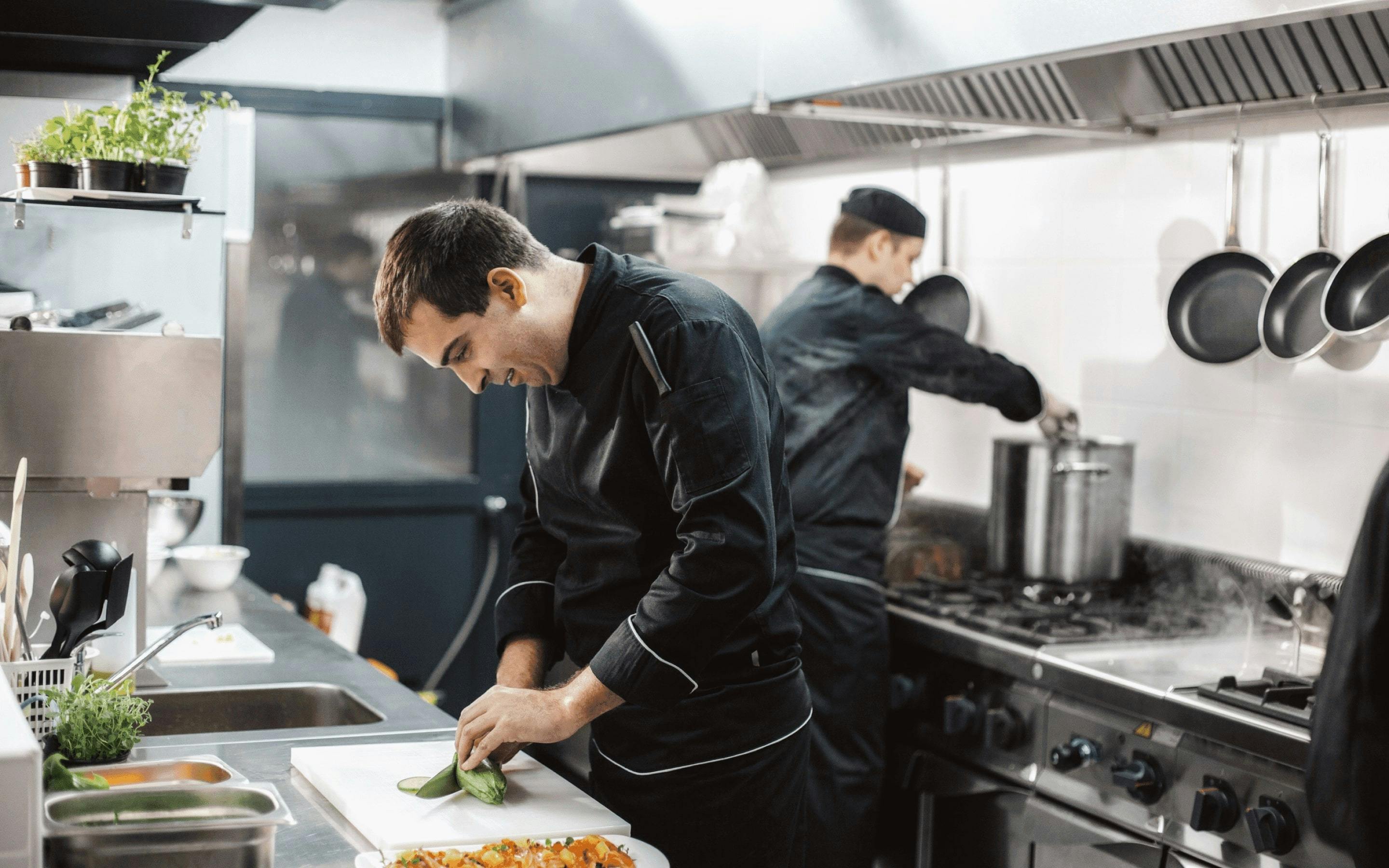Opening a restaurant in the UAE, especially in Dubai, is an exciting yet complex endeavour. While the city offers a thriving food scene and lucrative opportunities, navigating the legal requirements can be challenging. Dubai has strict regulations to maintain high standards in the food and beverage industry, ensuring the safety and well-being of both residents and visitors.
This guide breaks down all the essential licenses and permits you need to legally operate a restaurant in Dubai, making the process easier to understand and follow.
1. Trade license
A trade license is the foundation of any business in Dubai, legally allowing you to conduct commercial activities. The process begins with selecting your business activity type and legal structure. You must also choose a trade name that complies with local naming conventions.
Once decided, you can apply for a trade license through the Dubai Department of Economic Development (DED) or a relevant free zone authority, depending on your restaurant’s location.
2. Food establishment permit
To legally operate a restaurant, you need a food establishment permit issued by Dubai Municipality. This ensures your restaurant complies with strict hygiene and food safety regulations.
To obtain this permit, you must submit an application and undergo inspections by the Food Safety Department to verify that your kitchen setup and operations meet health standards.
3. Health and safety certificate
Beyond the food establishment permit, a Health and Safety Certificate is required to confirm that your restaurant adheres to the highest cleanliness and safety standards. This includes staff training in food handling, maintaining sanitary conditions, and passing periodic inspections from health authorities.
4. Liquor license (if applicable)
If your restaurant intends to serve alcoholic beverages, you must obtain a liquor license in addition to your food establishment permit. Applications are submitted to the Dubai Department of Tourism and Commerce Marketing (DTCM), and approval is subject to compliance with local alcohol regulations.
5. Music and entertainment license (if applicable)
Planning to offer live music, performances, or entertainment? You will need a Music and Entertainment License. This permit ensures that your restaurant’s entertainment activities comply with Dubai’s laws. Applications must be submitted to the relevant cultural or tourism authorities.
6. Outdoor seating permit
If you plan to provide outdoor seating, you must obtain an Outdoor Seating Permit from Dubai Municipality. This ensures that your setup complies with safety and zoning regulations. Approval is required before setting up tables and chairs in outdoor spaces.
7. Signage permit
To display restaurant signage and advertisements, you need a Signage Permit from Dubai Municipality. The application process ensures that your signage meets local regulations regarding size, placement, and design.
8. Fire safety certificate
Fire safety is a top priority in Dubai’s extreme climate. A Fire Safety Certificate confirms that your restaurant meets fire prevention and safety standards. You must conduct a fire safety assessment and receive approval from the relevant fire safety authorities.
9. Municipality approvals
Additional Municipality Approvals may be required depending on your restaurant’s location. These ensure compliance with zoning and building regulations. It’s essential to check with Dubai Municipality about any specific requirements before setting up your restaurant.
10. Waste management & disposal permits
Proper waste management is crucial in Dubai. Restaurants must obtain a Waste Management & Disposal Permit to ensure environmentally friendly and legally compliant waste disposal. Local waste management authorities provide guidance and issue permits for responsible waste handling.
11. Employment permits
If you plan to hire foreign staff, you must secure work permits for legal employment in Dubai. Applications must be submitted through the Ministry of Human Resources and Emiratisation (MOHRE) to ensure compliance with labour laws.
12. Trade name registration
Your restaurant’s trade name must be officially registered before you can legally operate. The name must follow Dubai’s business naming conventions and be registered through the Dubai Department of Economic Development (DED) or a free zone authority.
13. Food handling permits
Restaurant staff must obtain Food Handling Permits to prove their knowledge of food safety practices. This involves completing food safety training and receiving approval from the relevant authorities.
14. Lease agreement
If you are renting a commercial space, you must sign and register your lease agreement with Ejari, Dubai’s official rental contract registration system. This registration is required to secure multiple business permits and approvals.
Key takeaways for a successful restaurant launch in Dubai
Opening a restaurant in Dubai presents lucrative opportunities, but it requires careful planning and strict adherence to legal requirements. Securing the right licenses and permits is essential for a smooth and compliant business launch.
For a hassle-free setup, consider consulting with business setup specialists and local authorities to navigate the licensing process effectively.
If you are looking for a cost-effective and efficient restaurant setup, explore KitchenPark’s kitchen rental, ghost kitchen, smart kitchen software, and shared kitchen solutions to streamline operations and meet all regulatory requirements.
